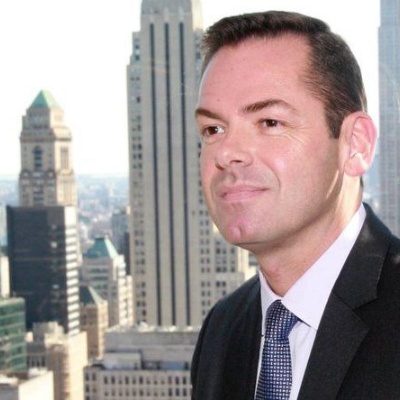Model United Nations Group talk with the United Nations

"Peter pulled no punches in outlining the varied challenges faced by the international communities, citing the 'greatest cascade of crises' in the UN's history."
Chris Grier (History & Politics) reports: ‘As part of our Friday Afternoon Activities programme, the King’s High Model United Nations group were delighted to have the chance to speak to Peter Reid, the Strategic Director of Communications for the UN Secretary-General, António Guterres. Joining us from Washington DC, Peter gave the students a fascinating insight into the work of the UN and the Secretary-General.
In a wide-ranging question and answer session, Peter pulled no punches in outlining the enormous and varied challenges faced by the international communities, citing the 'greatest cascade of crises' in the UN's history with more conflict zones than at any point in the last 75 years, an ongoing pandemic and the dangers posed by inaction over the climate and ongoing inequalities, including rising violence against women. All of this in the context of widespread misinformation and a lack of trust.
Students asked a variety of questions, including the challenges of communicating when dealing with different languages and cultural sensitivities, whether the UN could ever be effective as a peacekeeping force, what the UN can do to address the gender divide, and how the Secretary-General prioritises the challenges faced by the international community. While keen to impress upon the students that these challenges are serious and desperately need a unified international response, there were also notes of hope. He encouraged the students to engage with some of the developments that the UN are seeking to put in place, including the creation of a Youth Office and the appointment of a Youth envoy. Caitlin and Millie gave the vote of thanks to round off a daunting but inspiring session.
The Model United Nations group, made up of Year 11 - Upper Sixth students from King’s High and Warwick, meet every Friday afternoon to discuss a topic of concern to the international community. Each student adopts the role of a country, before proposing solutions, negotiating and debating in order to reach a resolution. Among other issues, this term the group have explored the conflicts in Ethiopia and Mali, the concerns over the development of autonomous weaponry, and the global energy crisis ahead of the COP 26 summit.’
